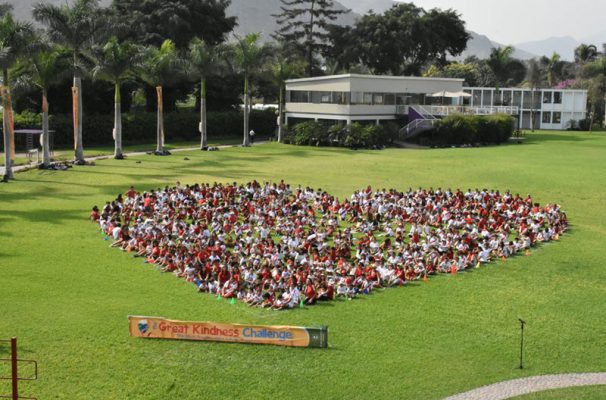According to Montessori pedagogy, human beings go through different “sensitive periods or sensitive periods.” They are stages or moments of development in which we are predisposed and it becomes easier for us to learn a special skill, using our senses and our entire being to achieve it. In this way we have successively gone through the sensitive periods of walking, speaking, order, music, languages, writing, mental calculation, etc.
The optimal period for education in values occurs between 6 or 7 to 12 years old. Some call it the “Golden Age” for educating in values. At the beginning of this period, the child finishes consolidating values such as sincerity and obedience, preparing to learn other important values such as responsibility, industriousness, perseverance, desire to improve and generosity. Solidarity and social justice are values associated with generosity and arise together with other attached values such as camaraderie, friendship, loyalty, kindness, spirit of service. The optimal period to learn to be supportive is from 14 to 20 years old, a stage in which young people develop greater social awareness.
To educate in values it is necessary to have the model and example of parents. We have already seen that it is important to be coherent between what we think, say, feel and do because when children and young people perceive incoherence, they act as they see us act.
Additionally, to strengthen values, children need to develop willpower. Just as a child who begins to walk spends all day trying, no matter how much he falls or staggers, in the same way, strengthening values requires persistence and effort. It is easier to be “selfish” than to be “generous” or to be “lazy” than to be “industrious.” Maybe it is because now they have everything at hand without much effort, starting with the Internet that gives them multiple answers with just a “click”, perhaps at home the adults take care of all the tasks and they have no responsibilities or tolerance for frustration to solve difficulties by themselves. Therefore, it is important that parents help their children develop their willpower, preparing them to face the challenges that future life poses.
Regarding solidarity and especially in this pandemic, with minors we can encourage generosity towards the family and the organization of the home: that they dedicate part of their free time to helping with daily tasks such as watering the garden, organizing clothes, tidy up his room, set the table, wash the dishes, etc. With the elderly, in addition to the above, we can suggest showing solidarity with the family economy and not being so demanding with purchases, sharing their time working in some volunteer work, donating part of their tip. And for the most enterprising, organize a small project to make and sell a product, donating part of your income to a social cause.
At school we encourage solidarity by teaching our students to work as a team, when they form varied groups or help the classmate who did not understand the class topic, when they show solidarity with those who are isolated or afflicted by sharing some time with them. We especially promote solidarity through CAS projects, where students organize activities and projects to share with less fortunate children or young people from nearby schools. Among the most significant activities are the campaigns to donate school supplies and toiletries, “The Race for a Roof” and “Make a child happy this Christmas”, an activity that allows us to appreciate the joy in both children and They receive the gifts like the children and young people who give them. There is nothing more supportive and at the same time more satisfying than being the architects of the happiness and joy of another human being. Let us therefore teach our children/students to be supportive and kind.
Mg. Gloria Elena Gurmendi
Psychologist


